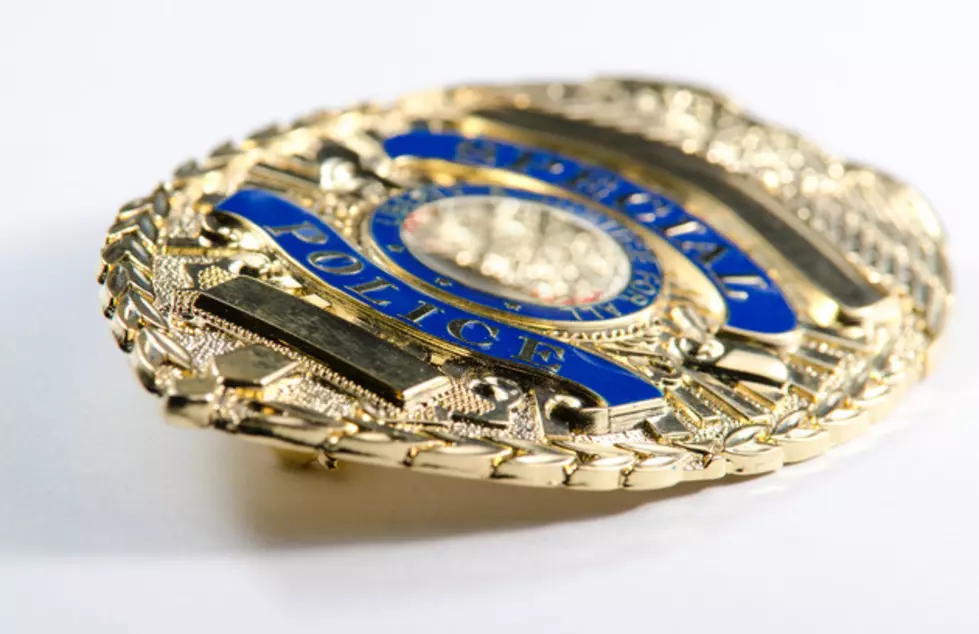
Way more cops in NJ are calling for help — The stress of 2020
Approaching the scene of a nasty car crash, walking in on a crime scene, or even attempting to deescalate a couple's domestic violence incident can be stressful enough for a New Jersey law enforcement officer.
Add 2020 to the mix, and a cop's need to blow off some steam over a phone call is magnified significantly.
Peer support helplines for law enforcement have reported a sizable spike in activity over the past several months, as the state and nation continue to work their way through a pandemic and anti-police attitudes take center stage online and in the streets in response to cop-involved killings of civilians.
"Officers are dealing with stress on all levels," said Stephanie Samuels, founder and director of CopLine, based in Freehold. "With the shift in societal perception and little avenues for stress relief, officers are having a difficult time finding a balance between work and home."
The pandemic, she added, can present seemingly minor obstacles that have the ability to drastically alter a cop's mindset and ability to handle stress. Kids learning from home instead of at school, for example, may significantly alter an officer's sleep or day-off schedule.
"Officers are not wired differently than civilians; they are just asked to do and feel differently," Samuels said.
The hotline, which accepts calls from beyond New Jersey as well, received more than 1,900 calls from the start of 2020 through Sept. 30 — 70% more than the amount of incoming calls during the same period in 2019.
The statewide Cop2Cop line, at Rutgers, started recording year-over-year call increases in the month of April. In July, more than 2,000 calls came in, compared to 792 in July 2019.
The phone lines at both outlets are handled by retirement law enforcement officers.
"The police job is one of the most unique jobs in society, and it's really difficult for someone to understand the full breadth of this job unless they've done it," said Barnegat Twp. Police Chief Keith Germain.
Germain said the law enforcement community has been working to overcome a stigma related to reaching out for help. He attributes some of the increased call volume this year to the Officer Resiliency Directive announced in 2019 by Attorney General Gurbir Grewal, meant to promote the emotional and mental well-being of officers.
"Officers see a lot of traumatic things, and I think we're finally doing a good job acknowledging that and getting them connected to people who can help them work through that," Germain said.

UP NEXT: Arrests of 21 accused sex offenders prompt warning for NJ parents
More From WPG Talk Radio 95.5 FM










